- Optimistic Anthropology
- Posts
- If the floorboards are crooked, you might as well dance!
If the floorboards are crooked, you might as well dance!
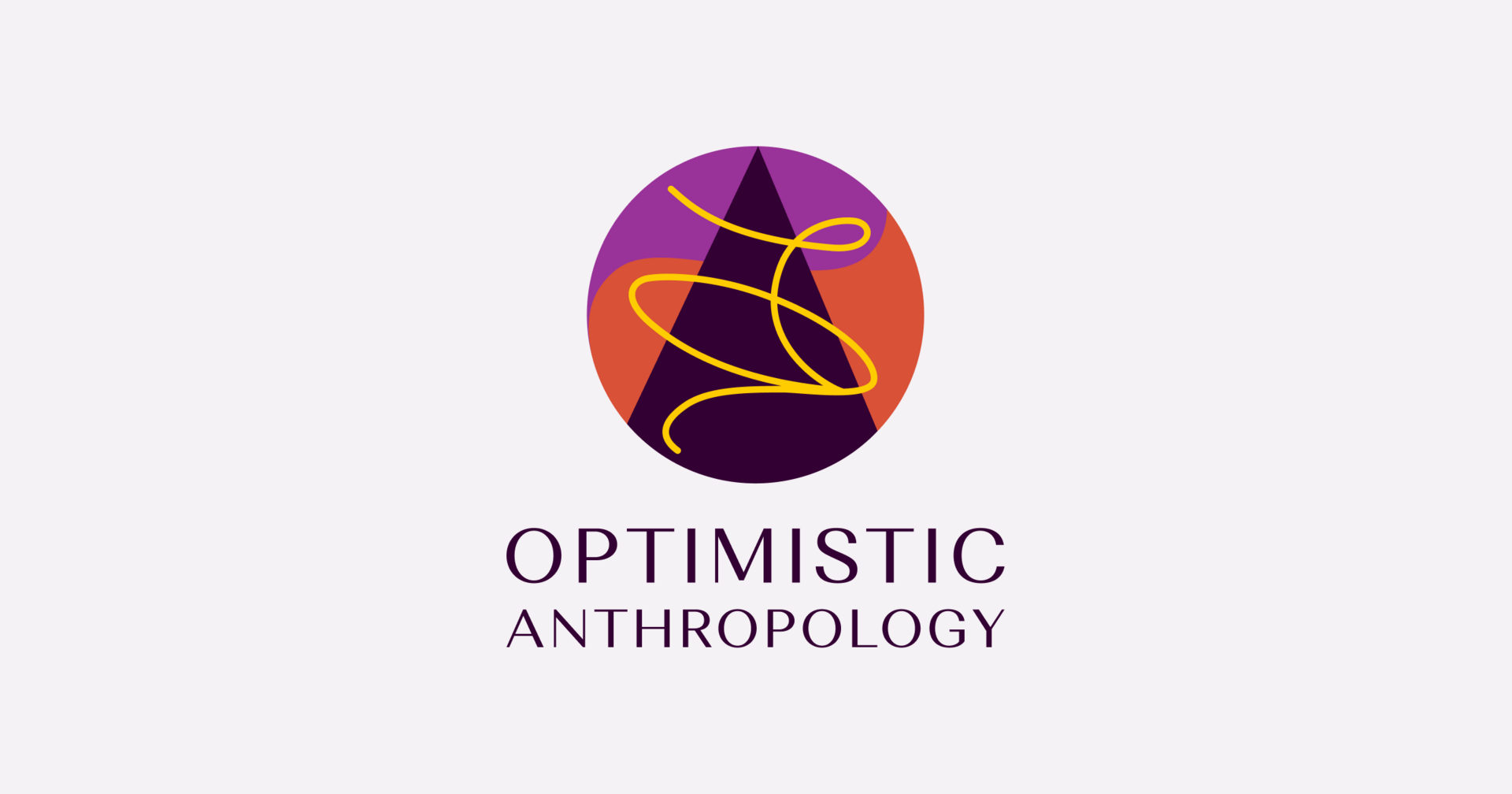
Dear Reader ,
I studied Hindi for a couple of years when I was in college. After more than two decades, I don’t remember any of it, but for some reason there’s a saying that has stuck with me, “If the floorboards are crooked, you might as well dance!” I’ve always interpreted this to mean that no matter how messed up the context, there’s always something to do to make the most of it, to make it better.
For most of my life, despite a profound love for music, I was never much for dancing. But that seems to have changed for me in recent years because I experience and connect with dance all around me.
I do this when teaching and facilitating, where I often reference Donella Meadows’ beautiful essay “Dancing with Systems” in which she imparts the wisdom that “the future can’t be predicted, but it can be envisioned and brought lovingly into being…we can’t control systems or figure them out. But we can dance with them!” And then she introduces us to some of the steps we’ll need to practice as part of this metaphorical dance.
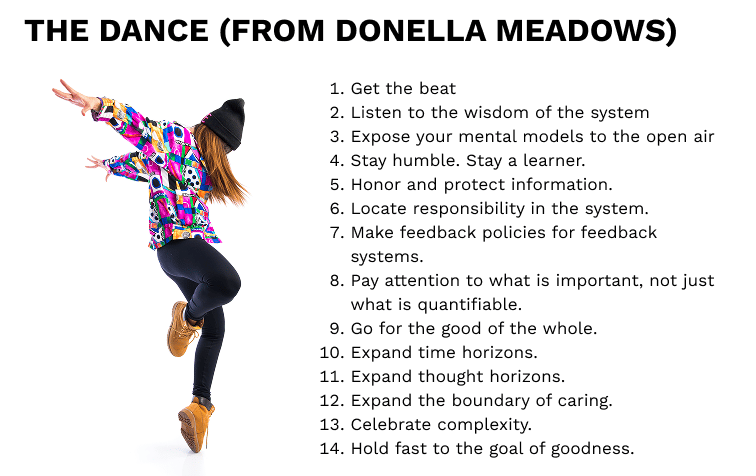
I’ve observed the many powers of dance in the work that I get to do with the teams at the Destiny Arts Center in Oakland, CA where teaching artists run dance and martial arts classes for youth. The goal is these programs is not for every young person to become an elite artist, but rather for them to continue to develop connected, creative, and full lives.
And, I’ve experienced the power of participating in dance in community first hand. A couple of years ago, I took part in a liberatory practice space for white women around race, power, and privilege. Following each session - which were valuable, but intense - the co-hosts would invite folks to stay on for a 15 minute dance party which were so cathartic and joyful!
Dance is even helpful interpersonally. A couple of weekends ago, my partner and I were not having our best day of communication. That night, we went to see Femi Kuti & Positive Force play a free concert in front of Sarajevo’s National Theater. When the music started, we just danced our butts off in the crowd for 75 minutes straight. By concert’s end, we were feeling reconnected, happy, tired, and communicating well again.
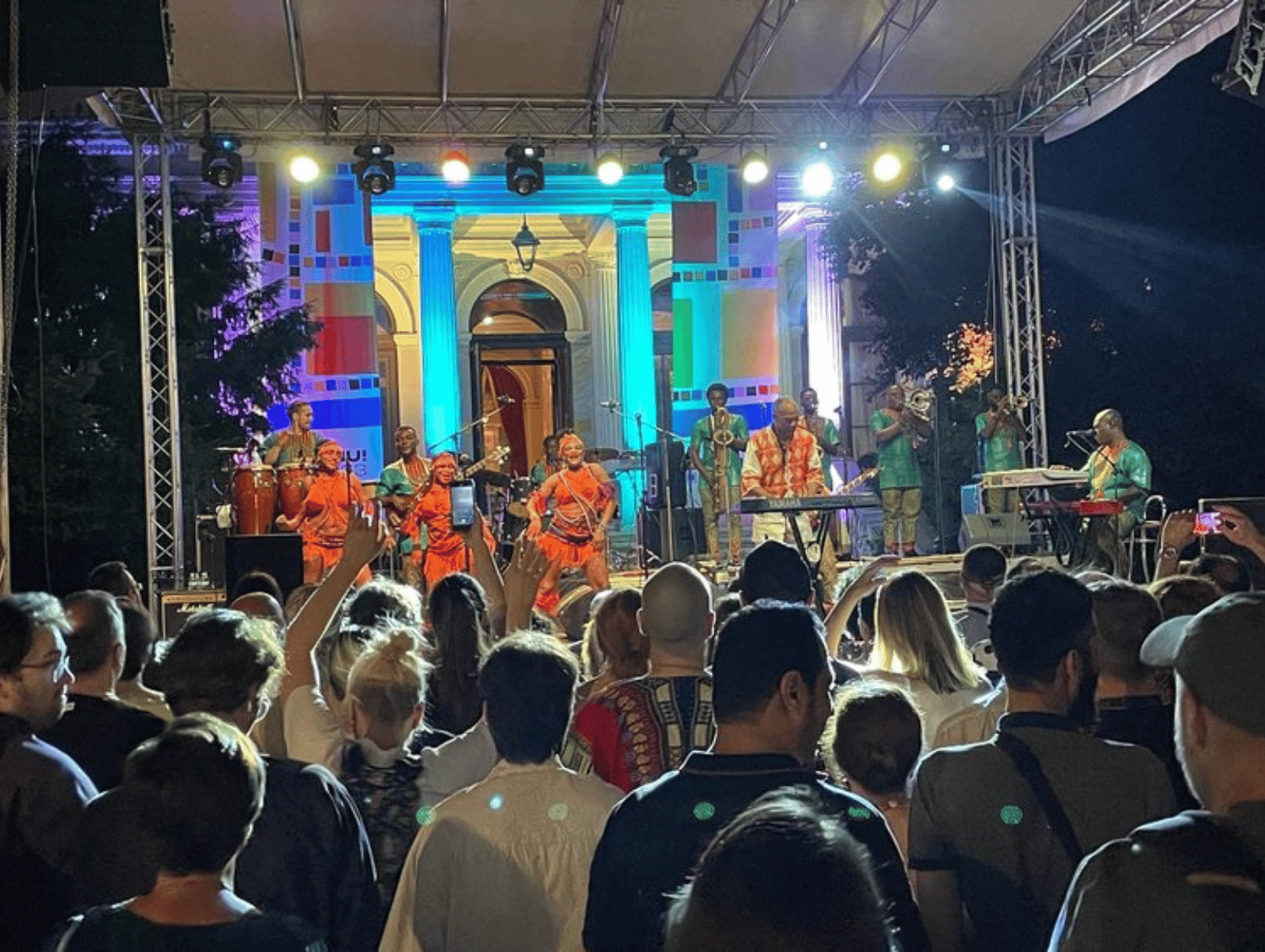
Femi Kuti & Positive Force
Dance is so many things that are deeply interconnected with our ability as individuals and families, organizations, and communities to be able to shape a more just, positive, and equitable world. Imagine if there were more spaces where it could be embraced!
Though, I have to share something funny, because I looked up that Hindi saying as I was working on this letter and learned that I had been wildly misremembering it. The actual phrase is “नाच न जाने आँगन टेढ़ा” which translates to “Not knowing how to dance, but calling the courtyard crooked.” It conveys such a different message, so, I think I’ll stick with my misremembered one instead.
Be well, do good, and dance often,
Alison
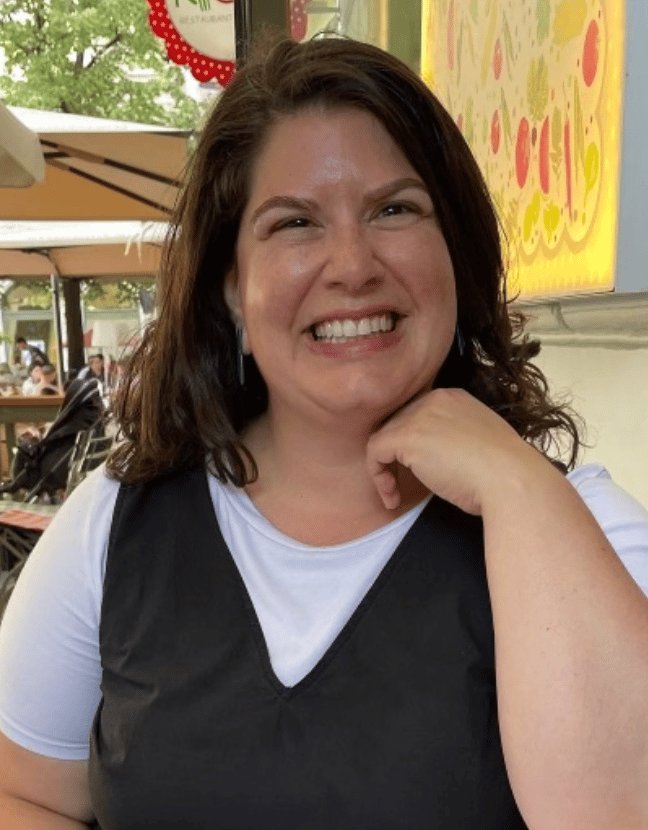 | P.S. I am looking ahead to 2024 and will have capacity to take on new clients and projects. If you have a need for a consultant, advisor, or facilitator with a focus on systems change and emergent learning and strategy, let’s schedule time to chat! As a head’s up I’m on hiatus August 18–September 15. |
THE LATEST
Integrating Emergent Learning Into MBA/MPA Class Curriculum
Throughout the four semesters she’s taught an MBA/MPA level class on Multi-Sector Strategic Partnerships class at the Presidio Graduate School, OA Founder Alison Gold has integrated the principles and practices of emergent learning into the class’s curriculum and used it to evolve the overall design of the course.
Recently, Emergent Learning Community co-director Marilyn Darling, talked to Alison about this work. Read Alison’s Emergent Learning Story of Impact here.
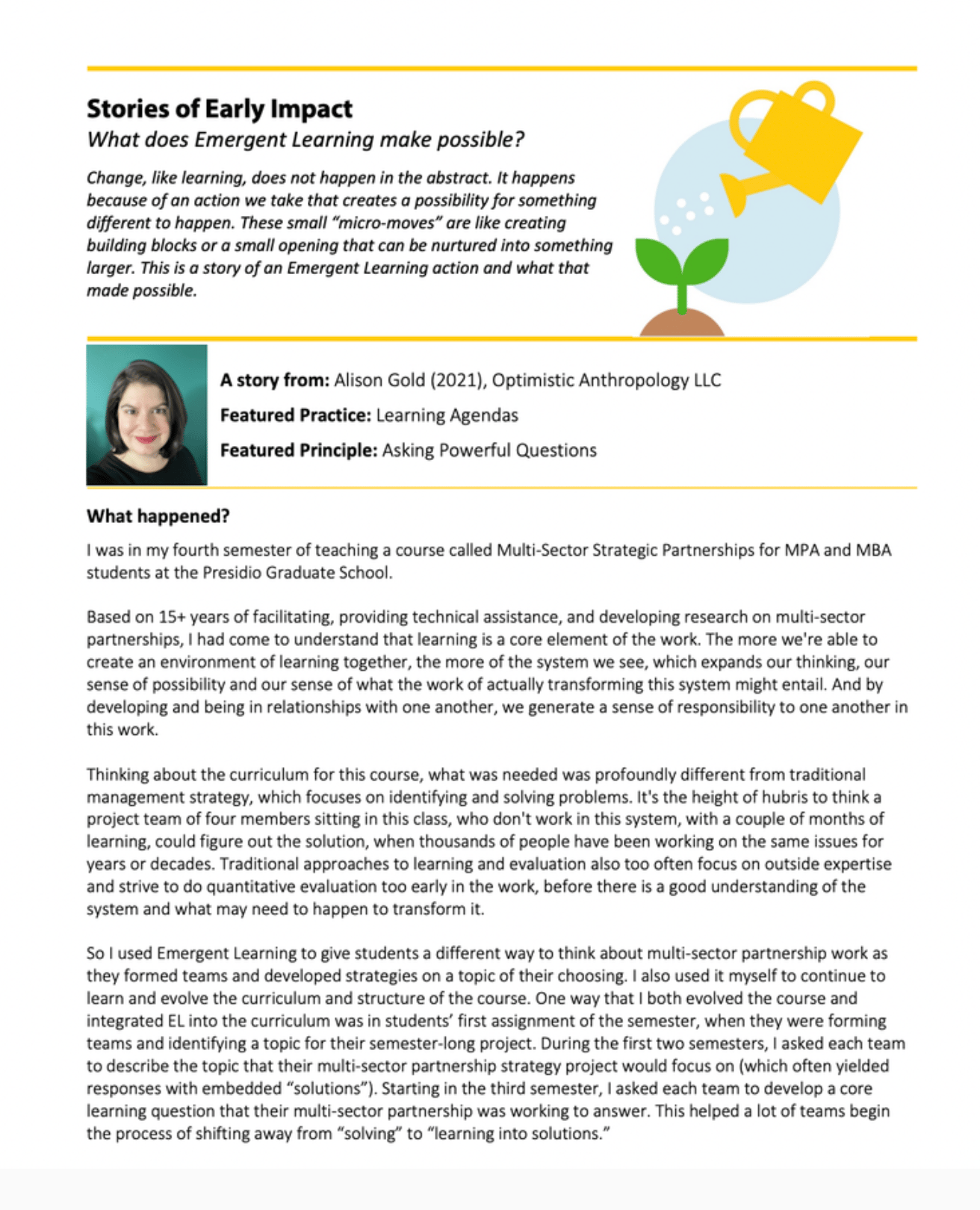
And if you are using or are interested in using emergent learning in the design of curriculum and/or facilitation of learning experiences, please get in touch, or share your questions, ideas, or feedback with Alison!
ICYMI
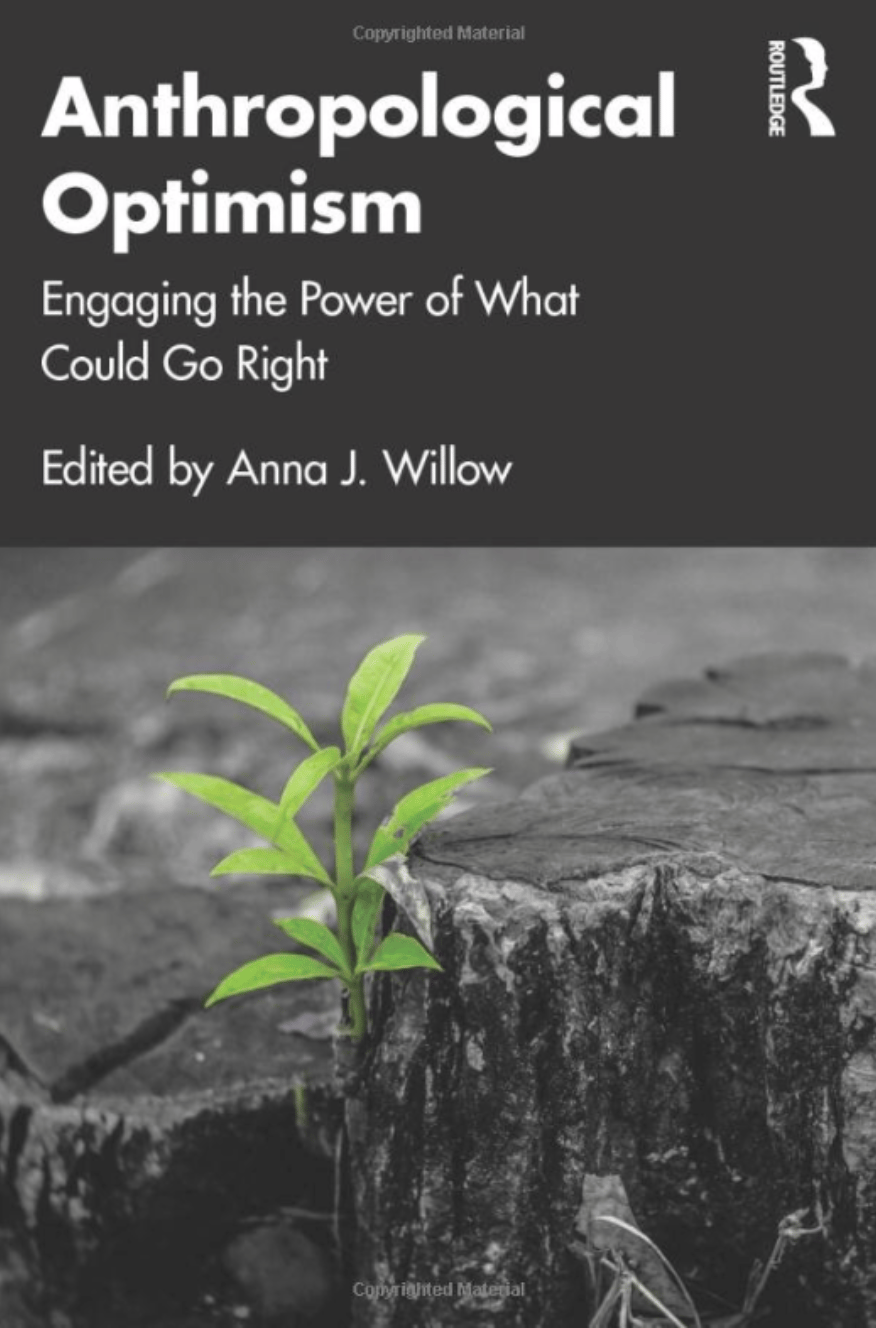
ON SALE NOW: The book Anthropological Optimism: Engaging the Power of What Could Go Right (Routledge Press) featuring a chapter by OA Founder, Alison Gold entitled Optimistic Anthropology in the Work of Systems Changemakers is not only on sale now, but it’s part of Routledge Press’s Mid-Year Sale. Buy it now and get 20% off

BONUS CONTENT! Bringing into Being New System Goals and Cultural Models. A fourth insight - only available in this blog post - from systems changemakers who were interviewed in the development of the book Anthropological Optimism.
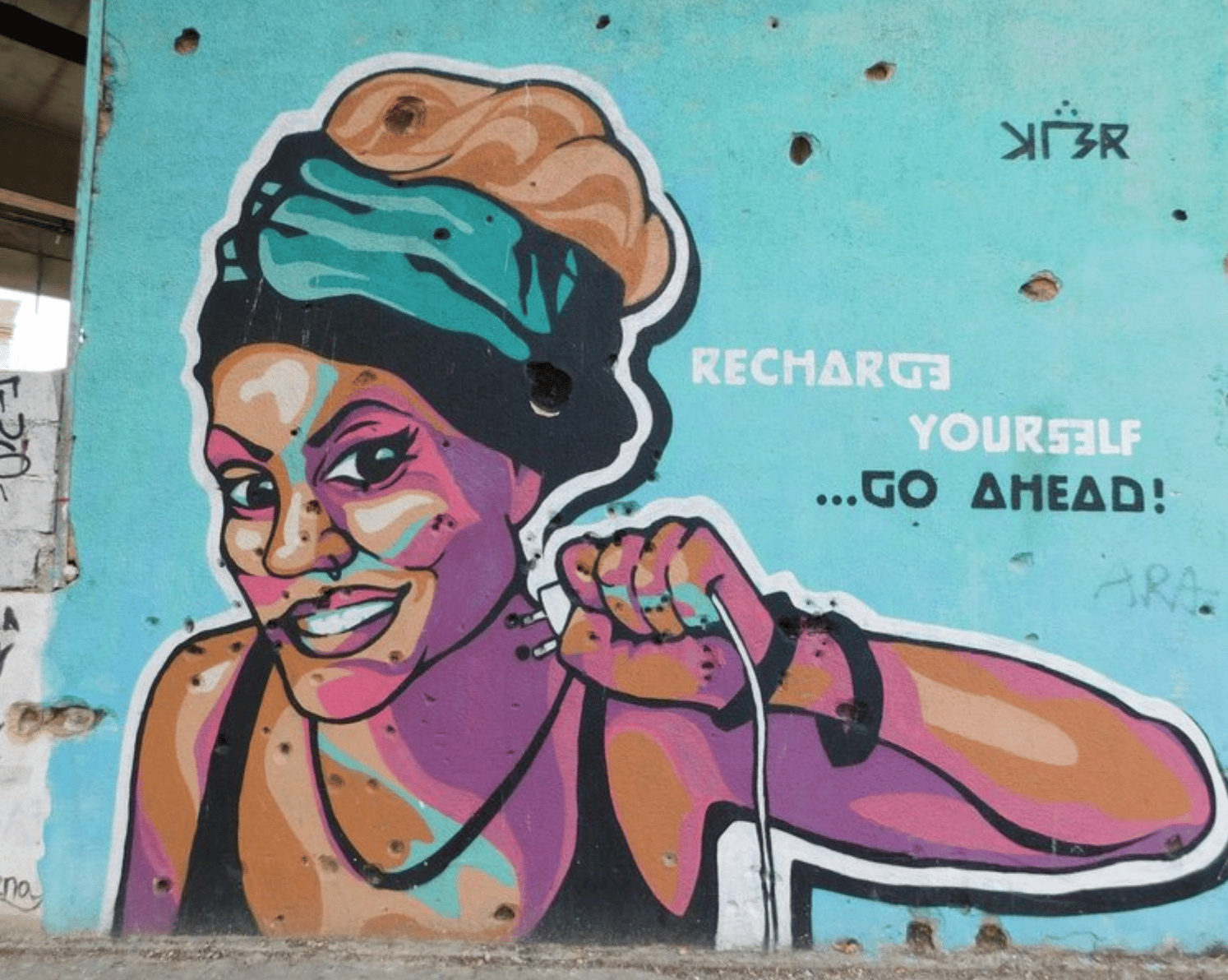
GOOD LISTEN! The Ploughshare’s Fund Podcast recently featuring a series called "Taking Back the Narrative" which focuses on the human impact of nuclear weapons by centering the voices, experiences, and insights of people who are part of impacted communities. We found the series incredibly powerful, heartbreaking, and anger-inducing. It also makes clear connections to other issues like white supremacy, poverty, and genocide.
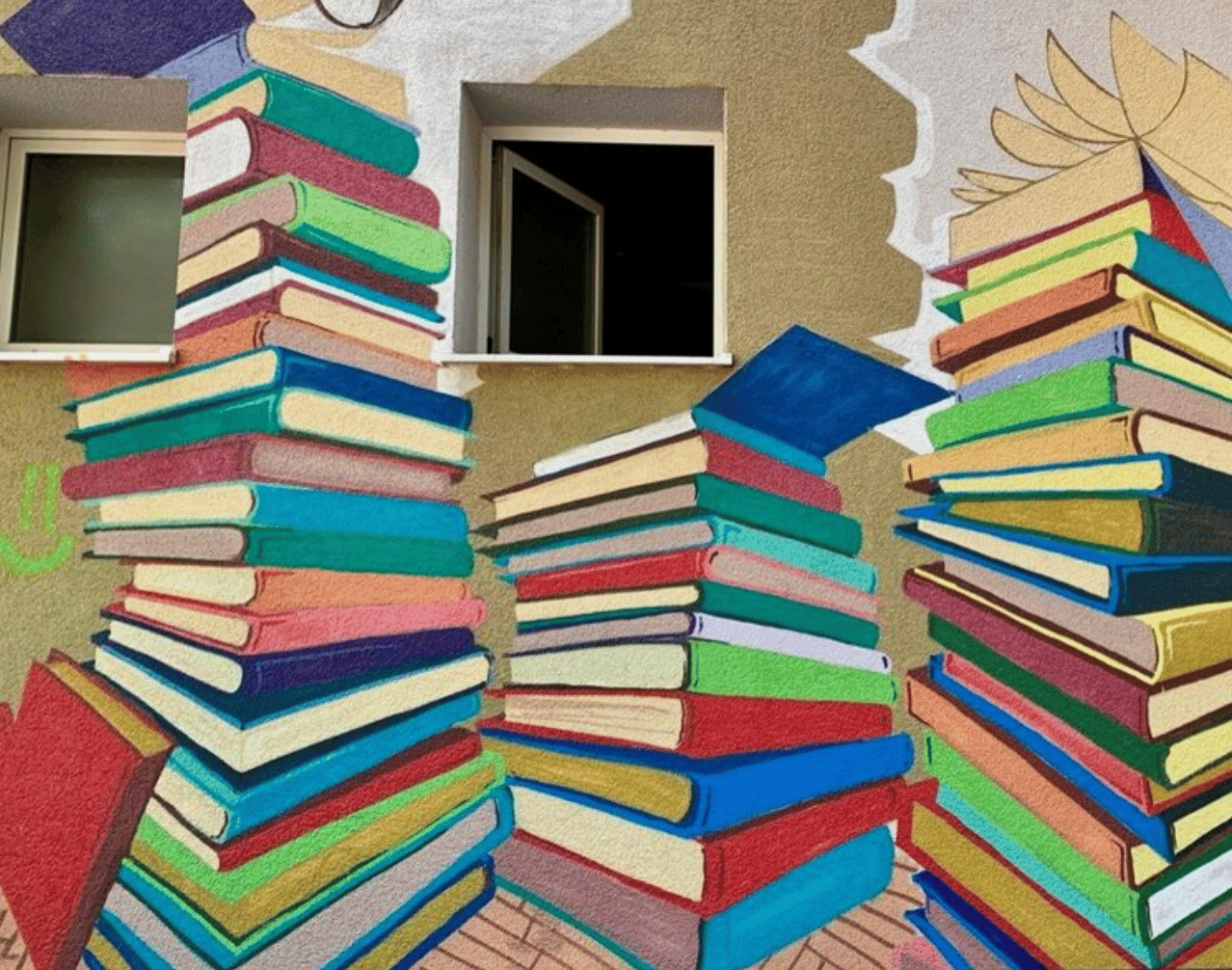
GOOD READ! The Balkans’ alternative postal system: an ad-hoc courier’s tale. During the summer, Optimistic Anthropology calls Sarajevo home. On our first trip to the region in 2019, we learned about the unusual way that people in ex-Yugoslavian countries send and receive packages in light of limited and expensive “official” infrastructure. Now journalist Ilir Gashi has written a beautiful and insightful piece about the practice for The Guardian.
About Optimistic Anthropology
Optimistic Anthropology LLC works with organizations and cross-sector collaborations to build their knowledge, strategies, and cultures so that they can transform systems, institutions and communities to shape a more positive, just, and equitable world. We are facilitators, collaborators, and strategic advisors who work with our clients to intentionally learn about how the current reality came to be and what it will take to shape a different future. | 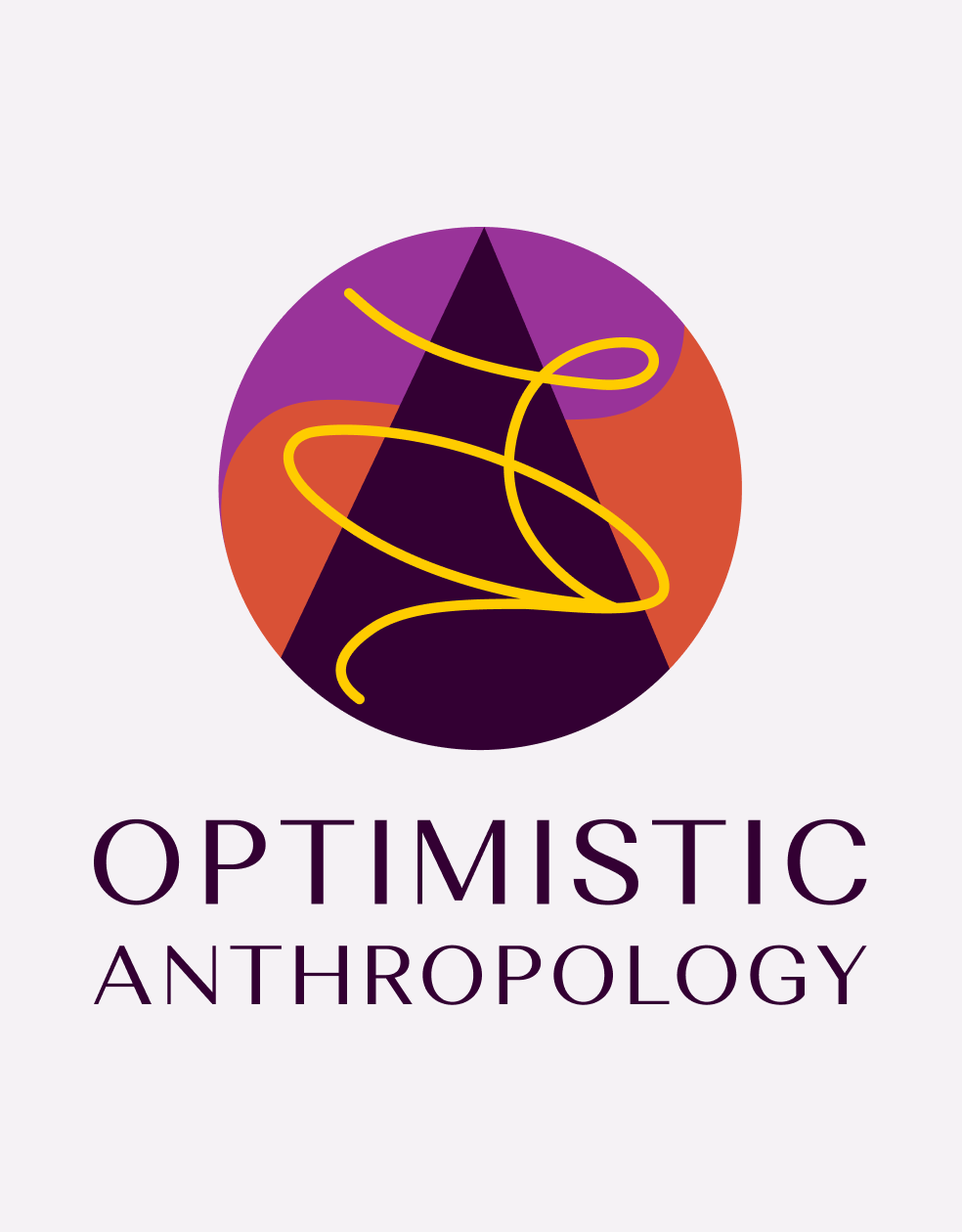 |
Reply